Blog
How to Choose the Right CCTV Camera for Your Home Security Needs
In today's fast-paced world, ensuring the safety of our homes has never been more crucial. As crime rates fluctuate, many homeowners are turning to advanced technology to protect their properties, with CCTV cameras becoming an essential component of home security systems. According to the Global Video Surveillance Market Report, the CCTV camera market is expected to reach $114.67 billion by 2025, driven by the growing emphasis on safety and the increasing availability of smart surveillance solutions. However, the sheer variety of options available can be overwhelming, making it essential to understand how to choose the right CCTV camera that aligns with specific security needs. From resolution and coverage to additional features such as night vision and motion detection, selecting the appropriate CCTV camera can significantly impact the effectiveness of your home security system. In this guide, we will explore the critical factors to consider, ensuring that you make an informed decision for your home’s safety.
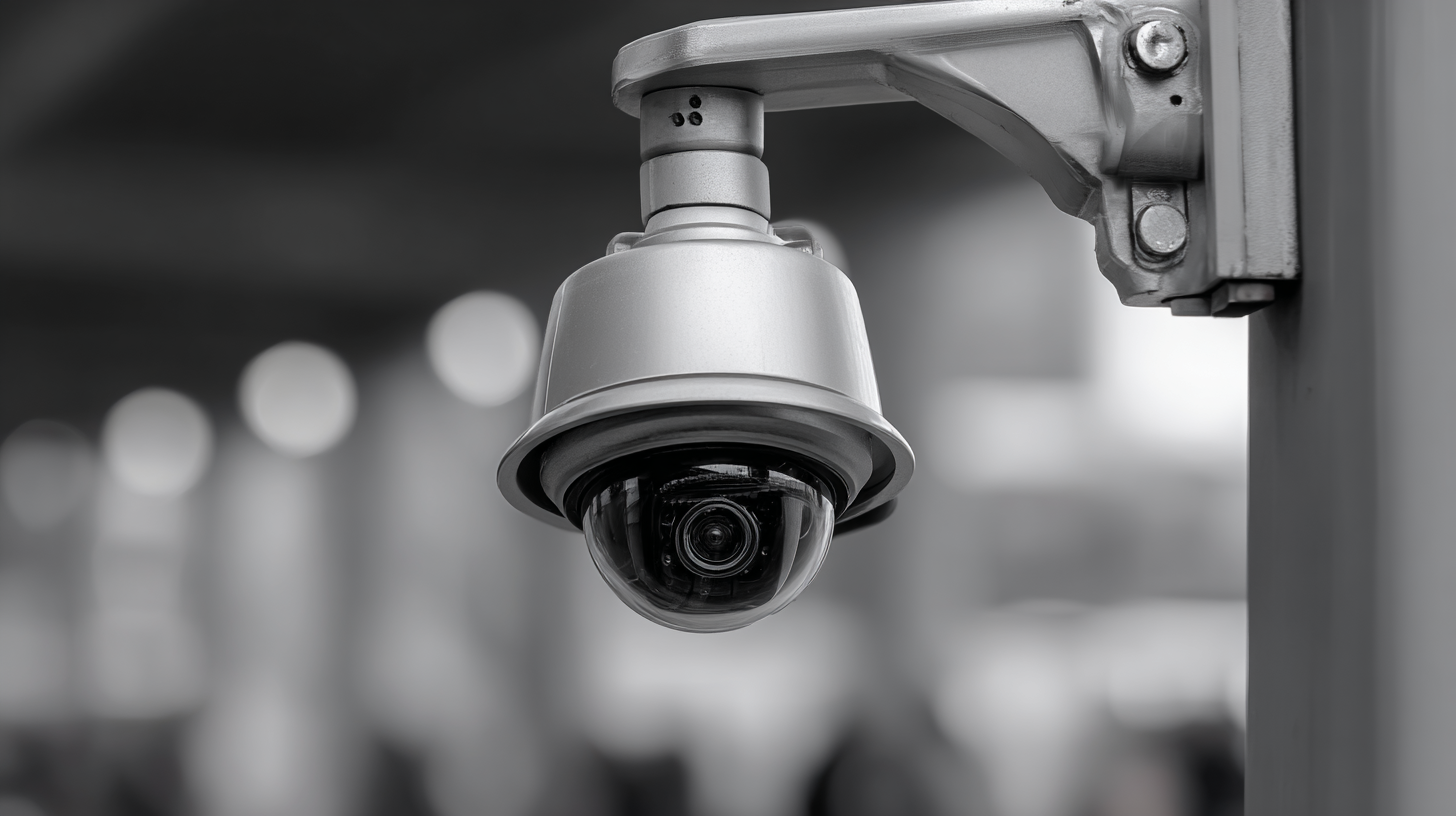
Understanding Different Types of CCTV Cameras for Home Security
When it comes to enhancing home security, understanding the different types of CCTV cameras is crucial. There are several options available, each designed for specific needs and environments.
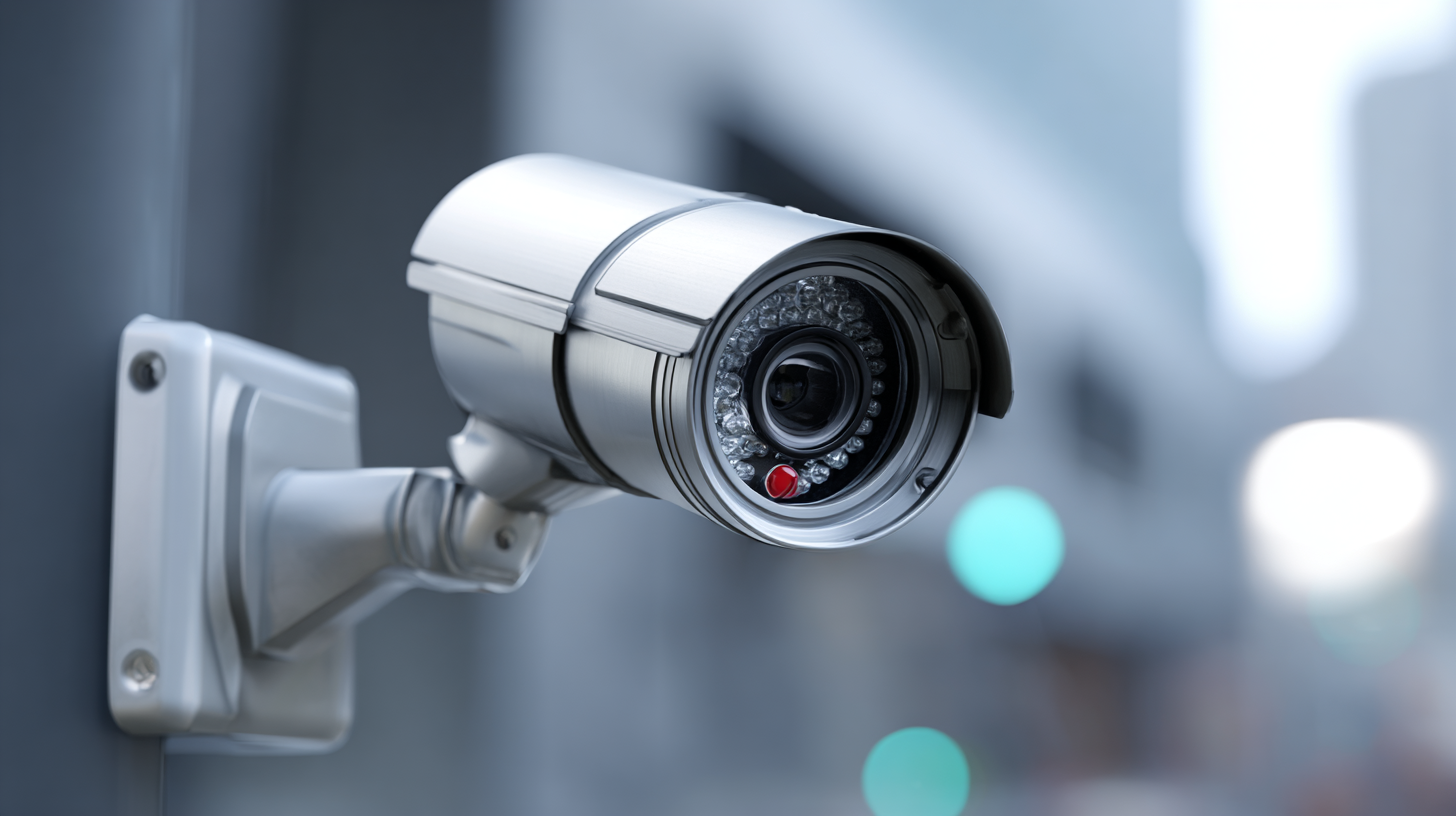 Dome cameras, for example, offer a discreet appearance, making them ideal for indoor use. Their ability to rotate and cover a wide field of view makes them a popular choice for monitoring large areas. Conversely, bullet cameras are more visible and are typically used for outdoor surveillance, able to withstand various weather conditions while providing focused monitoring.
Dome cameras, for example, offer a discreet appearance, making them ideal for indoor use. Their ability to rotate and cover a wide field of view makes them a popular choice for monitoring large areas. Conversely, bullet cameras are more visible and are typically used for outdoor surveillance, able to withstand various weather conditions while providing focused monitoring.
Another important type is PTZ (pan-tilt-zoom) cameras, which offer versatility in tracking moving subjects. These cameras can be controlled remotely to pan across a wide area or zoom in on specific details. Additionally, there are smart IP cameras that connect to your home network, allowing for real-time viewing and alerts via your smartphone. Choosing the right type depends on factors like the specific area you need to monitor, lighting conditions, and whether you prefer a wired or wireless setup. Understanding these characteristics will help you make a more informed decision tailored to your home security requirements.
Evaluating Resolution and Image Quality for Optimal Surveillance
When selecting a CCTV camera for home security, evaluating resolution and
image quality is crucial for optimal surveillance. High-definition resolution,
such as 1080p or 4K, offers clearer and more detailed images, allowing you to identify
faces and license plates even from a distance. Cameras with higher pixel counts are especially beneficial for
larger properties where broad coverage is essential. It’s important to balance resolution with the available storage capacity,
as higher resolutions require more data storage and bandwidth.
Additionally, factors like low-light performance and lens quality
play a significant role in image quality. Cameras equipped with infrared (IR) technology provide clear
images in low-light conditions, making them ideal for night surveillance. Furthermore, the lens type—be it fixed or
varifocal—can impact clarity and viewing angle. A varifocal lens allows for adjustable focus and zoom capabilities,
perfect for monitoring varying distances. By prioritizing resolution and image quality, homeowners can significantly enhance
their security systems and ensure comprehensive surveillance of their property.
Assessing Indoor vs. Outdoor CCTV: Key Considerations
When choosing the right CCTV camera for your home security needs, it's essential to assess the specific considerations related to indoor versus outdoor placements. Indoor CCTV systems play a critical role in maintaining a secure environment within the home, especially in areas prone to air quality issues. A systematic review on indoor air quality reveals factors such as humidity and temperature significantly influence health outcomes. Thus, when selecting indoor cameras, consider models that can withstand varying thermal environments, ensuring they function optimally in the internal conditions of your home.
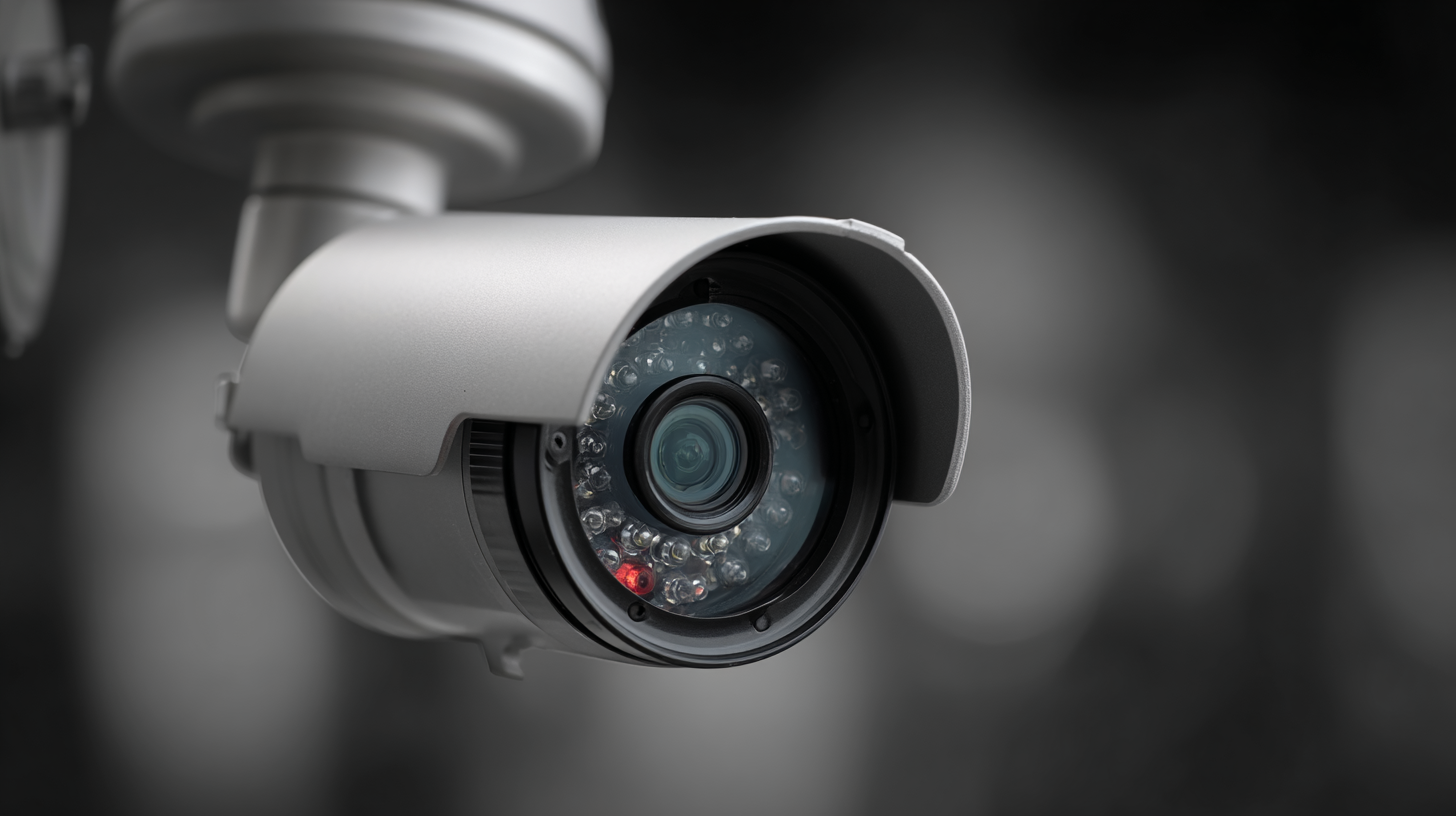
On the other hand, outdoor CCTV systems face different challenges. They must contend with environmental elements that could compromise their durability and effectiveness. A recent study on air pollution indicates varying microenvironments can influence outdoor air quality, which poses potential risks to outdoor surveillance. For outdoor cameras, it's crucial to opt for models designed to operate under extreme weather conditions and potential air contaminant exposure, ensuring they can maintain functionality regardless of environmental changes. The right choice will not only enhance your security but also help mitigate any adverse effects related to indoor or outdoor air quality.
Exploring Features: Night Vision, Motion Detection, and More
When selecting a CCTV camera for home security, understanding key features is crucial for effective surveillance. Night vision capability is one of the most essential features; it allows the camera to capture clear images in low-light conditions, ensuring that your property remains monitored even after dark. Modern cameras often utilize infrared technology to provide excellent clarity, enabling homeowners to detect any unusual activity at night, which is a common time for intruders to strike.
Another important feature to consider is motion detection. This capability not only alerts you to potential intruders but also helps in managing storage space, as the camera will only record when movement is detected. Advanced systems can differentiate between human activity and other motions, reducing false alarms triggered by pets or passing vehicles. Additional features, such as two-way audio and remote access, can further enhance the functionality of your CCTV camera, enabling direct communication with visitors or monitoring your home from anywhere through your smartphone.
Determining Your Budget and Installation Options for CCTV Systems
When considering the installation of CCTV systems for home security, determining your budget is a crucial first step. According to industry reports, the average cost of a standard CCTV installation can range from $500 to $2,000, depending on the complexity and number of cameras required. It's also important to factor in ongoing expenses such as maintenance and potential cloud storage fees for recorded footage. Allocating a clear budget not only helps in selecting the right equipment but also ensures that you invest in a reliable system that meets your security needs.
Installation options also play a significant role in the effectiveness of your CCTV system. Homeowners can choose between professional installation, which typically ranges from $100 to $300 per camera, or a DIY approach. A report from the Security Industry Association indicates that over 40% of homeowners prefer DIY installations to save costs, although they may sacrifice some of the technical nuances that professionals provide. Each option has its merits, and understanding the capabilities of the chosen system, as well as your personal comfort level with installation, will guide you in making the most informed decision for your home security setup.
Related Posts
-

Understanding Global Industry Standards for the Best Biometric Access Control Solutions
-
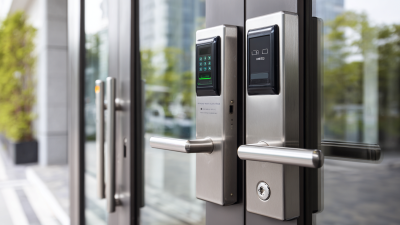
Global Reach of China's Leading Door Access Control Systems: Setting the Standard Worldwide
-

Exploring the Best Commercial Access Control Systems: A Comprehensive Comparison Guide
-
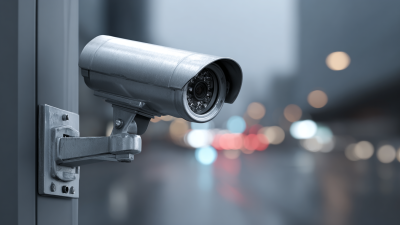
Exploring the Features and Applications of the Top CCTV Alarm Systems for Global Buyers
-
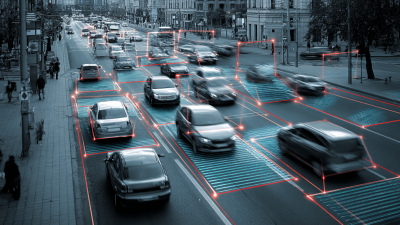
Evaluating Card Access Control Systems for Enhanced Security Efficiency and Cost Effectiveness
-
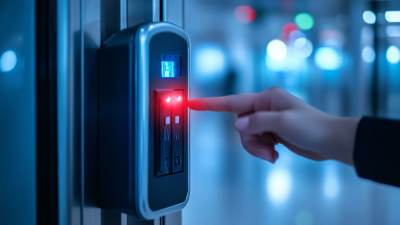
Navigating Challenges in Choosing the Right Card Access Control Systems for Your Business
